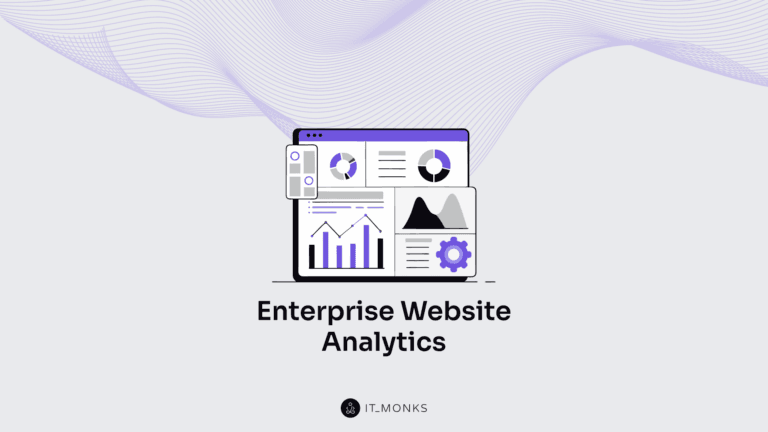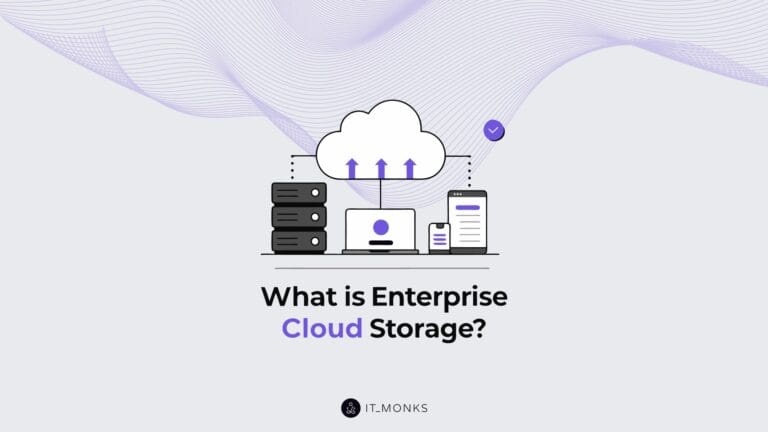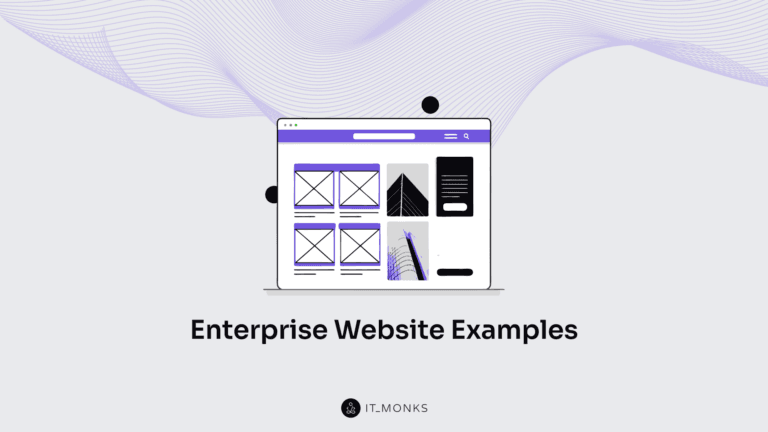Why You Need Ecommerce For Your Business
Table of Contents

The demand for shopping online grows by leaps and bounds. In 2024, retail ecommerce sales are expected to exceed $6.3 trillion, and the figure is forecasted to total over $7.9 trillion by 2027. Despite the obvious reasons like increased profit, ecommerce lets your business operate 24/7, reach a broader range of users, become more recognizable, and give you nearly unlimited growth potential. Looking for more reasons why you need an ecommerce website? Let’s dive in.
What is Ecommerce?
Ecommerce is buying and selling products and services over the internet. It involves such technologies as mobile commerce, electronic funds transfer, digital marketing, inventory management systems, automated data collection, etc. In ecommerce, customers can purchase physical products (like books, devices, outfits, etc.) or order services (like digital product downloads). You can find such market segments as B2B (business-to-business), B2C (business-to-consumer), and C2C (consumer-to-consumer) using ecommerce.
Need to get your business online?
Why You Need an Ecommerce Website
If you run a business targeting a specific audience and selling products or services, you must ensure your brand is accessible and findable online. Developing an ecommerce website is one of the best ways to showcase your offers online and let your customers make purchases at their convenience. What are other reasons why you need an ecommerce website for your brand? Let’s explore.
1. 24/7 Sales Channel
An ecommerce website makes your brand accessible to the audience 24/7. By masterfully setting up all processes on your website, you let customers shop at any time outside your traditional business hours. The 24/7 availability lets your business operate without breaks, thus increasing revenue potential for your company.
2. Personalization and Customer Engagement
The importance of ecommerce is indisputable when it comes to delivering more personalized online shopping experiences. By tracking user behavior on their websites, businesses can engage users with product recommendations, content, and special orders tailored to their needs. Better personalization and higher customer engagement lead to increased sales. Isn’t that exactly what businesses are aiming for?
3. Better Marketing Opportunity
When running an ecommerce website, businesses can benefit from a wealth of digital marketing opportunities. Unlike offline marketing, which offers a limited range of promotional activities, ecommerce businesses can use different channels to promote their offers, including SEO, PPC, social media, email marketing activities, ecommerce content strategy, etc. Besides, all these measures are more cost-effective than traditional marketing methods.
4. Brand Building and Credibility
By running a website for an ecommerce business, your brand can build better online visibility, gaining more credibility and trust from the audience. A well-designed online store perfectly reflects your brand’s values, emphasizing its objectives and bringing offers to the forefront.
Need to develop a striking ecommerce website?
5. Scalability and Future-Proofing
Ecommerce platforms deliver scalability, meaning they adjust according to your business requirements. A professionally built online store can be easily modified as your business grows and evolves. By developing a website for ecommerce, you equip your brand with a future-proof solution that lets your company thrive in the continuously changing digital landscape.
Types of Ecommerce Websites
We’ve already slightly touched upon this topic while discussing what is ecommerce websites definition. Let’s dive deeper and learn the difference between the three major types of ecommerce websites:
- B2B
- B2C
- C2C
B2B
B2B (business-to-business) is a type of ecommerce that sells products or services to another business. It generally refers to exchanging transactions between a wholesaler and a manufacturer, a wholesaler and a retailer, etc. B2B is one of the fastest-growing ecommerce models, and it has already been adopted by big names such as PepsiCo, Procter & Gamble, Grainger, etc.
B2C
B2C (business-to-consumer) is a type of ecommerce in which companies sell products or services directly to the end user. Unlike selling to a third party, selling directly to the customer implies no middleman is involved in the process. Many companies, including Amazon, Walmart, Newegg, etc., opt for a B2C ecommerce business model.
C2C
C2C (consumer-to-consumer) is an ecommerce model in which one consumer sells goods or services to another consumer online. Ecommerce websites, online auctions, marketplaces, or other third parties commonly regulate the transaction. Some well-known examples of e-commerce websites that use the C2C business model are Etsy, Facebook Marketplace, and Warby Parker.
Conclusion
In a nutshell, running an ecommerce website is indispensable for every company selling goods and services. Selling online brings multiple opportunities and rewards to brands. Whether you are a startup or a well-established company, a website for ecommerce makes your business reachable to your audience 24/7. You can advertise and promote your venture through multiple online marketing tools and solutions, which are more cost-effective and diverse than offline marketing.
There are many benefits to getting your business online. However, when running an online store, you must ensure it’s well-designed, professionally coded, masterfully optimized, and skillfully promoted. Pros should better do all this. If you are looking for professional e-commerce website development and maintenance services, look no further than IT Monks! We are here to help your business get noticed. Do not hesitate to contact us to discuss the details of your ecommerce project.




